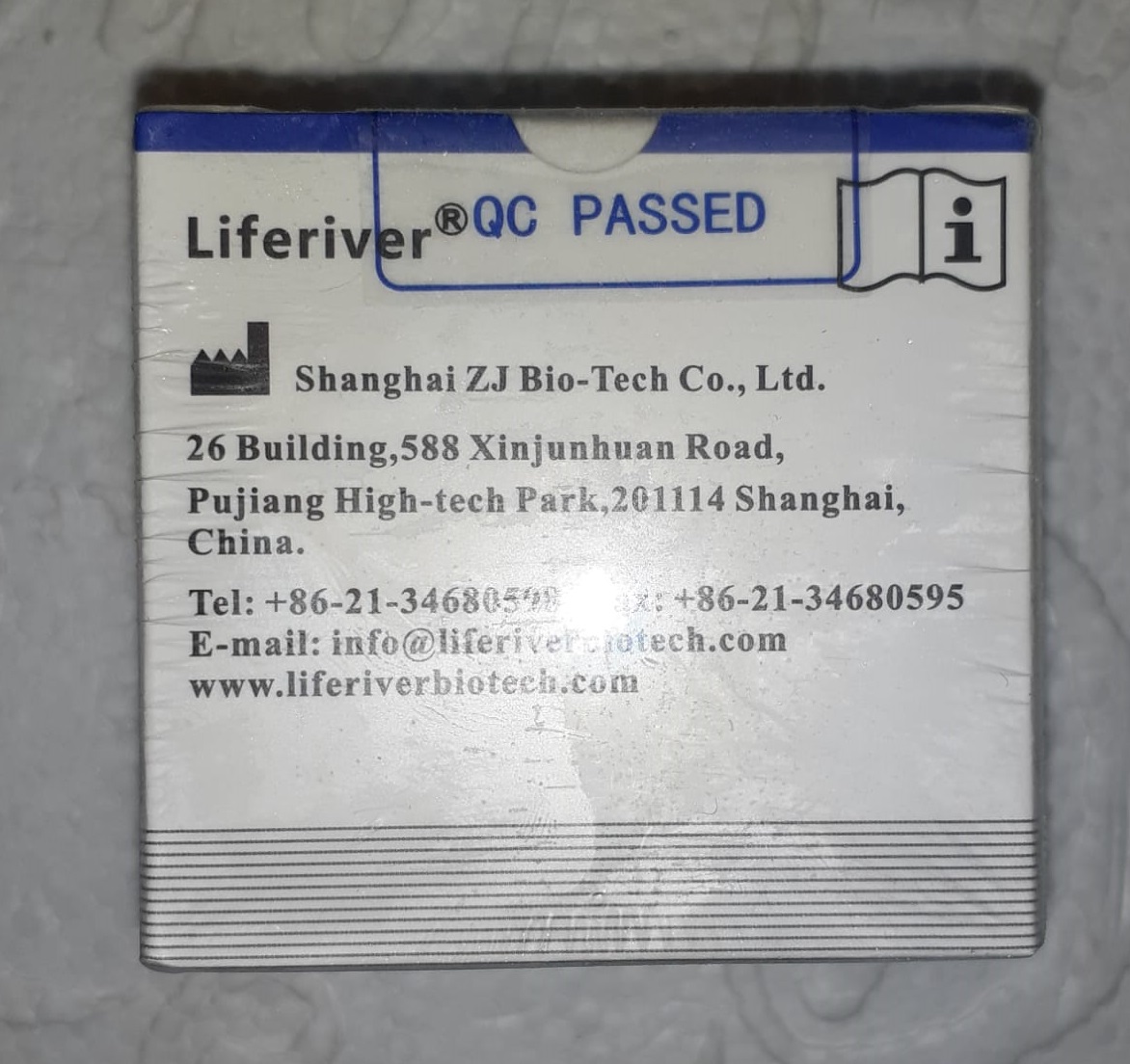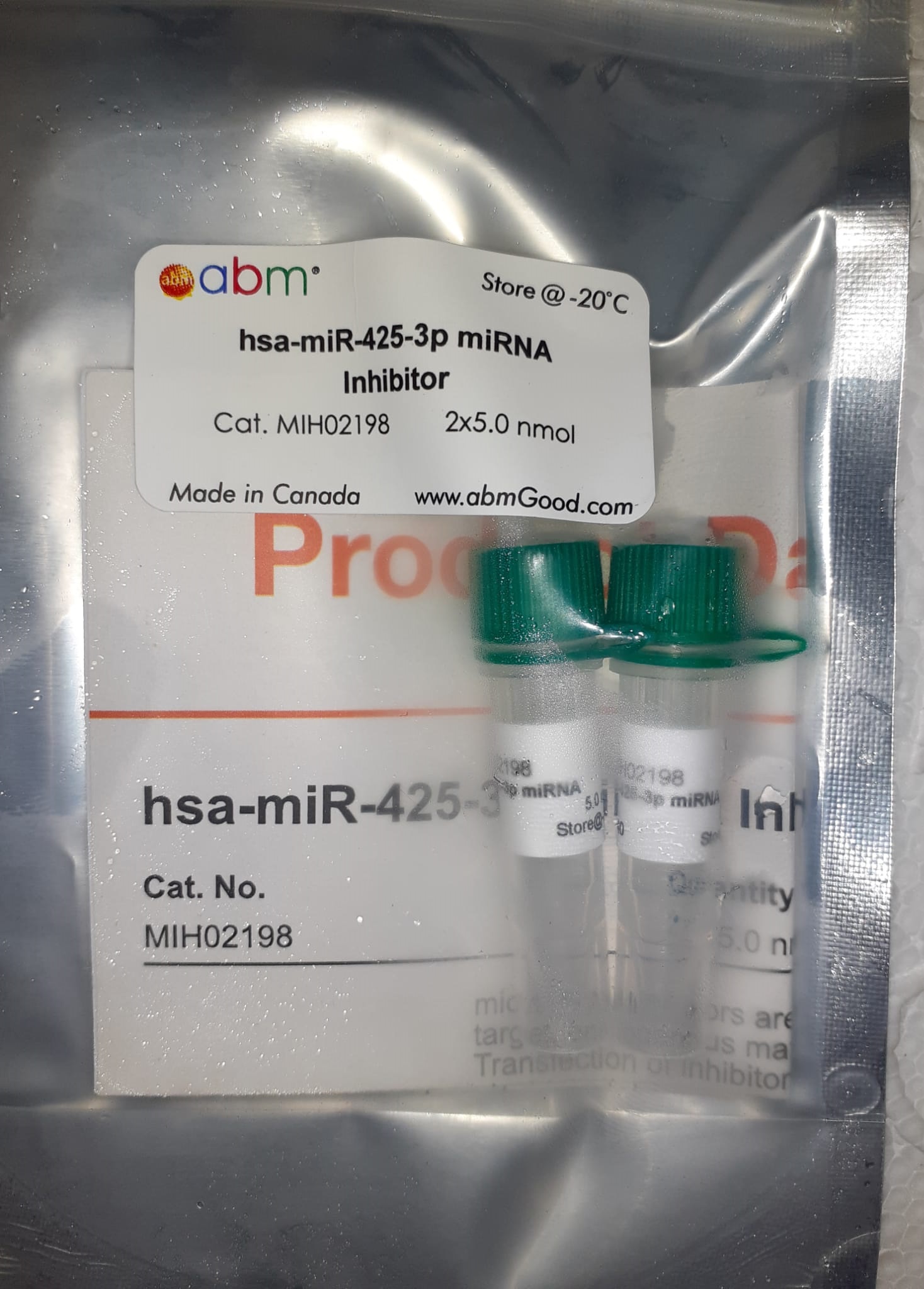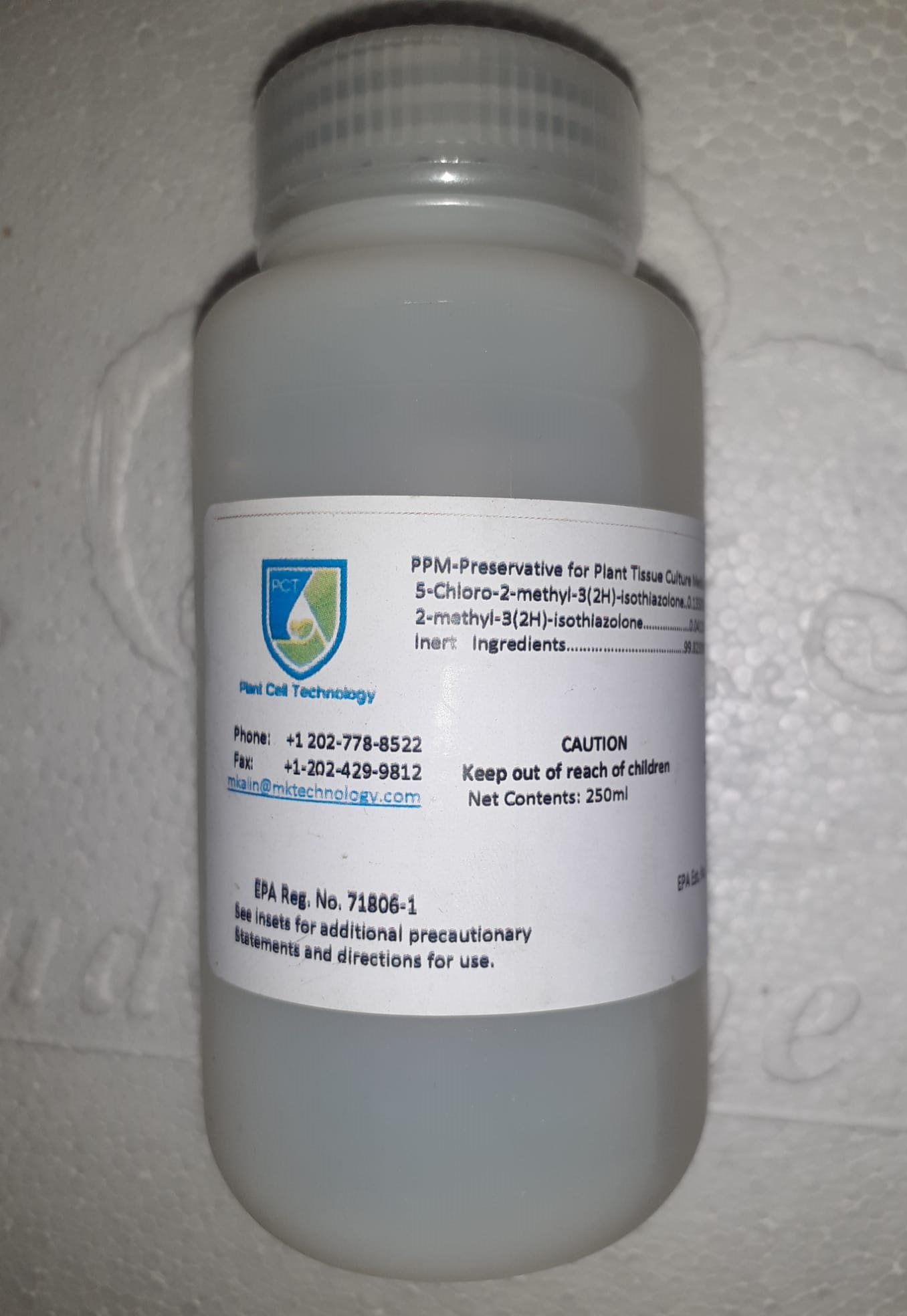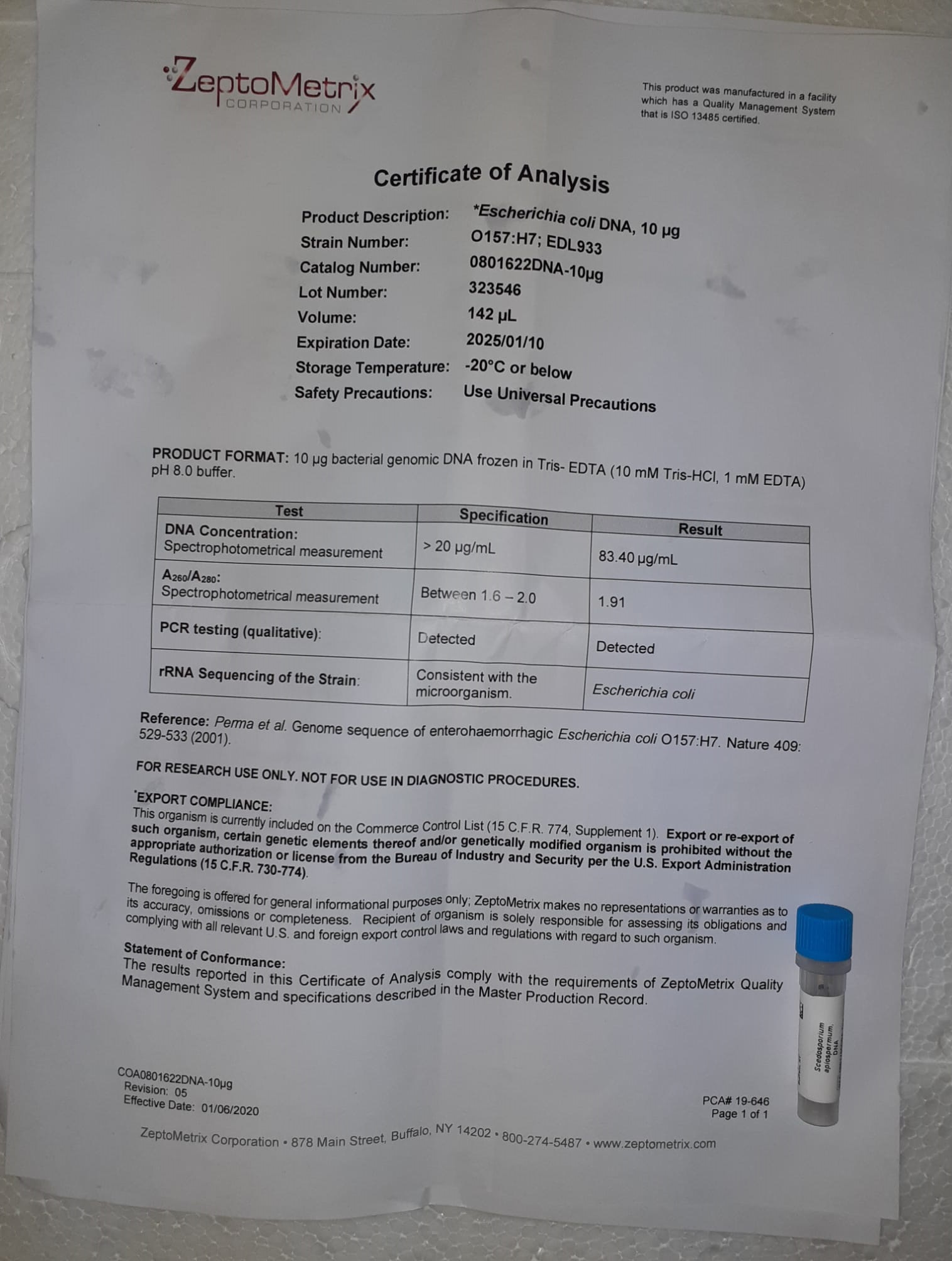
High-Dimensional Immune Monitoring for Chimeric Antigen Receptor T Cell Therapies
Function of evaluation: Excessive-dimensional circulation cytometry experiments have develop into a technique of alternative for high-throughput integration and characterization of cell populations. Right here, we current a abstract of state-of-the-art R-based pipelines used for differential analyses of cytometry information, largely based mostly on chimeric antigen receptor (CAR) T cell therapies. These pipelines are based mostly on publicly accessible R libraries, put collectively in a scientific and useful style, due to this fact freed from value.
Latest findings: Lately, present instruments tailor-made to research advanced high-dimensional information corresponding to single-cell RNA sequencing (scRNAseq) have been efficiently ported to cytometry research as a result of comparable nature of circulation cytometry and scRNAseq platforms.
Current environments like Cytobank (Kotecha et al., 2010), FlowJo (FlowJo™ Software program) and FCS Specific (https://denovosoftware.com) already supply quite a lot of these ported instruments, however they both come at a premium or are pretty sophisticated to handle by an inexperienced person. To mitigate these limitations, skilled cytometrists and bioinformaticians often incorporate these features into an RShiny (https://shiny.rstudio.com) software that finally affords a user-friendly, intuitive setting that can be utilized to research circulation cytometry information. Computational instruments and Shiny-based instruments are the proper reply to the ever-growing dimensionality and complexity of circulation cytometry information, by providing a dynamic, but user-friendly exploratory house, tailor-made to bridge the house between the lab experimental world and the computational, machine studying house.
Chimeric antigen receptor T-cell immunotherapy in breast most cancers: improvement and challenges
Chimeric antigen receptor (CAR) T-cell remedy is an revolutionary type of immunotherapy whereby autologous T-cells are genetically modified to precise chimeric receptors encoding an antigen-specific single-chain variable fragment and costimulatory molecules. Furthermore, CAR T-cell remedy can solely work efficiently in sufferers who’ve an intact immune system. Due to this fact, sufferers receiving cytotoxic chemotherapy might be immunosuppressed making CAR-T remedy much less efficient. In adoptive CD8+ T-cell remedy (ACT), quite a few tumor-specific, engineered T-cells are sourced from sufferers, expanded in vitro, and infused again expressing tumor-specific antigen receptors.
Probably the most profitable ACT, anti-CD19 chimeric antigen receptor T-cell remedy directed towards B-cell lymphoma, has proved to be efficacious. Nonetheless, present efforts to make the most of this method for stable tumors, like breast most cancers, have proven solely modest enchancment. However, the potential efficacy of CAR-T remedy is promising in an period of immunological advances. By appropriately manipulating CAR T-cells to fight the immunosuppressive forces of the tumor microenvironment, vital eradication of the stable tumor might happen. This evaluation discusses CAR T-cell remedy and its specificity and security in adoptive cell transfers in breast most cancers. We are going to spotlight novel discoveries in CAR T-cell immunotherapy and the formidable boundaries together with suppression of T-cell operate and localization at tumor websites.
Chimeric Antigen Receptor-Engineered T Cell Remedy for the Administration of Sufferers with Metastatic Prostate Most cancers: A Complete Evaluation
Prostate most cancers (PCa) has an unlimited medical spectrum from the hormone-sensitive setting to castration-resistant metastatic illness. Thus, chemotherapy regimens and the administration of androgen receptor axis-targeted (ARAT) brokers for superior PCa have proven restricted therapeutic efficacy. Scientific advances within the discipline of molecular medication and technological developments during the last decade have paved the trail for immunotherapy to develop into a necessary medical modality for the therapy of sufferers with metastatic PCa. Nonetheless, a number of immunotherapeutic brokers have proven poor outcomes in sufferers with superior illness, probably as a result of low PCa mutational burden.
Adoptive mobile approaches using chimeric antigen receptor T cells (CAR-T) concentrating on cancer-specific antigens could be an answer for circumventing the immune tolerance mechanisms. The immunotherapeutic routine of CAR-T cell remedy has proven potential within the eradication of hematologic malignancies, and present medical goals preserve the equal efficacy within the therapy of stable tumors, together with PCa. This evaluation will discover the present modalities of CAR-T remedy within the illness spectrum of PCa whereas describing key limitations of this immunotherapeutic method and focus on future instructions within the software of immunotherapy for the therapy of metastatic PCa and sufferers with superior illness.

Decreased inflammatory cytokine manufacturing of antigen-specific CD4 + T cells in NMDA receptor encephalitis
Anti-N-methyl-D-aspartate-receptor (NMDAR) encephalitis is the commonest autoimmune encephalitis with psychosis, amnesia, seizures and dyskinesias. The illness is mediated by pathogenic autoantibodies towards the NR1 subunit that disrupt NMDAR operate. Antibody infusion into mouse brains can recapitulate encephalitis signs, whereas lively immunization resulted additionally in sturdy T cell infiltration into the hippocampus. Nonetheless, whether or not T cells react towards NMDAR and their particular contribution to illness improvement are poorly understood. Right here we characterised the ex vivo frequency and phenotype of circulating CD4+ T helper (TH) cells reactive to NR1 protein utilizing antigen-reactive T cell enrichment (ARTE) in 24 sufferers with NMDAR encephalitis, 13 sufferers with LGI1 encephalitis and 51 matched controls. Unexpectedly, sufferers with NMDAR encephalitis had decrease frequencies of CD154-expressing NR1-reactive TH cells than wholesome controls and produced considerably much less inflammatory cytokines. No distinction was seen in T cells reactive to the synaptic goal LGI1 (Leucine-rich glioma-inactivated 1), ubiquitous Candida antigens or neoantigens, suggesting that the findings are disease-specific and never associated to therapeutic immunosuppression.
Additionally, sufferers with LGI1 encephalitis confirmed unaltered numbers of LGI1 antigen-reactive T cells. The info reveal disease-specific useful alterations of circulating NMDAR-reactive TH cells in sufferers with NMDAR encephalitis and problem the concept elevated pro-inflammatory NMDAR-reactive T cells contribute to illness pathogenesis.
Bcl-2 Enhances Chimeric Antigen Receptor T Cell Persistence by Decreasing Activation-Induced Apoptosis
Function: To guage the potential added worth of integrating anti-apoptotic molecules for bettering the anti-tumor exercise of CAR-T cells.
Strategies: 4 small molecules inhibiting apoptosis have been examined for his or her capability to stop activated induced CAR-T cell loss of life. 5 CD20-targeting, CD137 (4-1BB) and CD3ζ built-in CAR-T cells (20BBZ) with constitutively expressed anti-apoptotic genes have been established, and we screened out the strongest proliferation enhancer: Bcl-2. The reminiscence subtype and the exhaustion markers of CAR-T cells have been analyzed. The anti-tumor actions of Bcl-2 integrating CAR-T cells (20BBZ-Bcl-2) have been evaluated in vitro and in a mouse xenograft lymphoma mannequin.
Conclusion: The 20BBZ-Bcl-2 CAR-T cells confirmed improved proliferation capability in comparison with 20BBZ CAR-T cells in vitro. As well as, activation-induced apoptosis was lowered within the 20BBZ-Bcl-2 CAR-T cells. Per the improved proliferation in vitro, 20BBZ-Bcl-2 CAR-T cells exhibited improved anti-tumor exercise in a mouse xenograft lymphoma mannequin.


